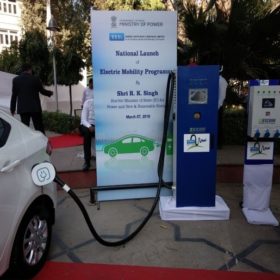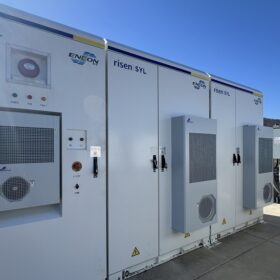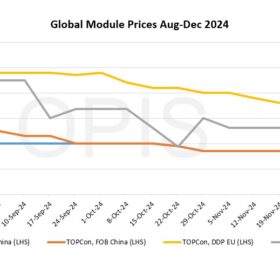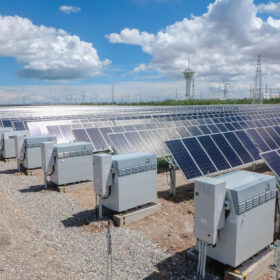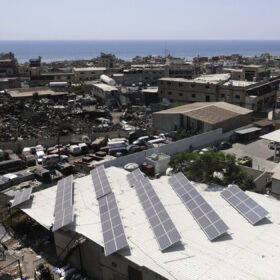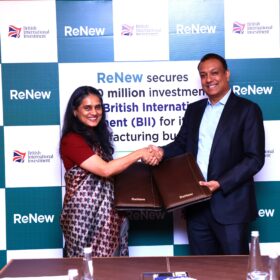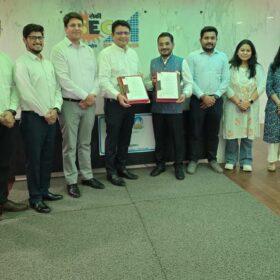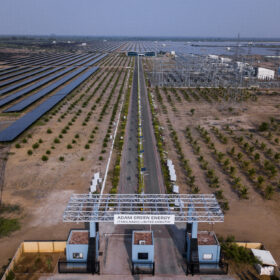India’s green transition: Key workforce trends in renewable energy
The demand for renewable energy project managers, battery storage specialists, and wind energy technicians is set to grow significantly in 2025. Additionally, positions in solar plant operations, maintenance, and technical roles will remain highly sought after.
The evolving landscape of solar manufacturing
Countries worldwide are increasingly implementing customs duties as a strategy to curb imports, protect local industries, and promote domestic growth. These sanctions are only expected to increase further as China continues to dominate the solar manufacturing space.
Transforming global mobility through innovation and originality in critical power systems
As the electric vehicle (EV) ecosystem extends its footprint, maintaining reliability and efficiency is becoming one of the pressing concerns for industry stakeholders. To achieve this, strategic collaborations with the government and private sectors are being made in a bid to optimise energy distribution based on grid capacity and user demand.
Hydrogen energy: India’s path to a sustainable future
The widespread adoption of hydrogen energy has the potential to reduce India’s annual greenhouse gas emissions by 50 million tonnes by 2030. This transition will not only contribute significantly to global climate goals but also drive economic growth through job creation, increased energy security, and enhanced industrial competitiveness.
Batteries set to drive rapid solar growth
Chemical battery storage, led by lithium, has made such significant strides in terms of cost, capacity and technology that batteries are now positioned to accelerate our already exponential solar growth.
Global solar module prices stable-to-firm as markets wind down for year end
In a new weekly update for pv magazine, OPIS, a Dow Jones company, provides a quick look at the main price trends in the global PV industry.
How microgrids with energy storage empower remote communities
Battery energy storage systems significantly improve the reliability of microgrid power supply, offering a dependable source of electricity for critical services like healthcare facilities and schools.
ABB to acquire Gamesa’s power electronics, storage business
ABB has agreed to purchase Gamesa’s power electronics and storage business, which produces doubly fed induction generator (DFIG) wind converters, industrial battery energy storage systems (BESS), and utility-scale solar inverters.
Shift to 2 kV voltage in solar projects tipped to gain traction
Amid record-low prices for solar modules, the focus of cost reduction for utility-scale solar projects is shifting to non-module balance-of-system (BoS) expenses. A transition from 1.5 kV voltage to 2 kV in solar projects is expected to gain traction through 2030.
Israeli strikes destroy 150-200 MW of solar in Lebanon
Israel’s recent strikes have reportedly destroyed or damaged 400,000 to 500,000 solar panels, costing Lebanon an estimated 150 MW to 200 MW of installed solar capacity, according to Pierre El Khoury, former director and president of the Lebanese Center for Energy Conservation (LCEC).


